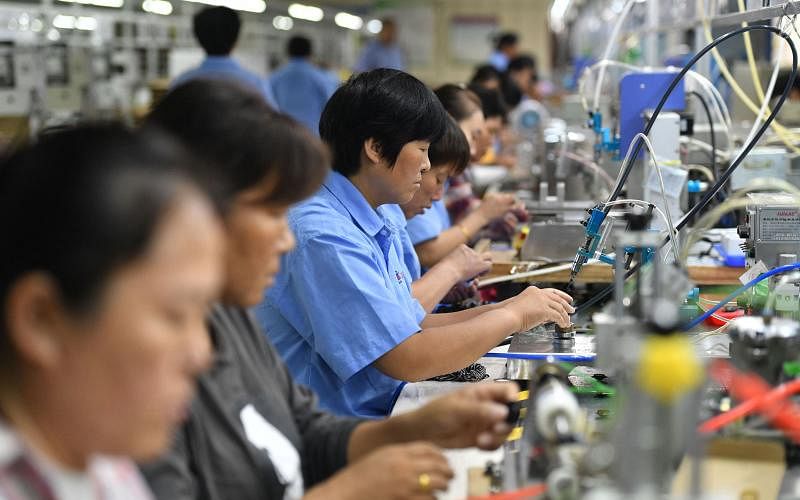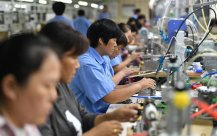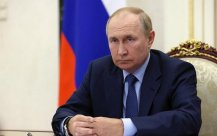 />
/>
(Morning News) When the influence of the Ukrainian war deepened and China's economic growth has slowed down, the manufacturing indicators that have attracted much attention in Europe and Asia have declined.
Bloomberg reported that the Standard Purcera Global Manufacturing Purchasing Manager Index announced on Thursday (September 1) showed that the euro zone index fell to 49.6 in August and 49.8 in July.This reflects that demand is shrinking because consumers are facing the surge in energy and more goods and service costs.The index of Germany and Italy has fallen to the lowest in 26 months.
In Asia, PMI in Taiwan fell to 42.7, the lowest since May 2020, while South Korea fell to 47.6, the lowest since July 2020.Although the Japanese index is still above the watershed 50 of the shrinking and expansion, it is also declining.
Chris Williamson, a S & P global economist, pointed out: "Prospective indicators show that the decline in economic decline may increase in the next few months, and it may significantly exacerbate, which meansThe risk of economic recession has risen. "
Asia, the S & P Global Market Cai Zhi Economist Usamah Bhatti said that Korean companies that are regarded as the target of global trade direction" often expressedWorried that the economy will continue to perform poorly when the demand is weak and the global economic environment is full of challenges. "
shows that the Chinese manufacturing industry is also weak.A non -official survey shows that China's manufacturing activities in August fell to contraction range. Power supply tensions and epidemic impacts not only impacted large state -owned enterprises, but also affected small and medium -sized enterprises.
According to the data released by Caixin and S & P Global Index on Thursday, Caixin Manufacturing PMI fell to 49.5 in August and 50.4 in July.This performance is consistent with the official data released on Wednesday.Official data show that the index rose from 49 in July to 49.4.




